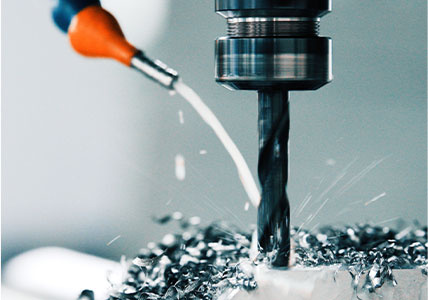The medical industry is known for its minimal errors. The same rule applies to the production of medical components. This is because the industry involves human lives, and small errors can result in fatal health problems or even death. Therefore, the machining process for producing medical parts must be able to adapt to strict tolerances and high-precision measurements. Among all machining processes, CNC machining is the most capable of meeting these requirements. In addition to being able to process various materials, such as processing stainless steel precision parts, it can also meet the aforementioned requirements.
Machining medical parts for the medical industry is different from manufacturing parts for other industries. Most common metal parts must comply with ISO 9001 quality management requirements, while medical parts must meet further standards. According to the regulations of the International Organization for Standardization, companies involved in the design, development, production, storage, distribution, installation, or maintenance of medical parts must demonstrate their "ability to provide medical devices and related services that consistently meet customer and applicable regulatory requirements."
In addition to meeting standards and obtaining certifications, CNC machining workshops must take other measures to successfully machine medical custom precision parts. After all, human lives may depend on the success of these machined components. The basic requirements for medical CNC machining include:
Precision machining to strict tolerances (some parts have tolerances as small as 0.0001 inches): Many of these medical parts require extra strict tolerances as their expected sizes are very small. This is especially true for those that invade the human body. Their small sizes will help minimize invasiveness and assist patients in faster recovery. Therefore, machines used for machining medical devices must be able to accommodate strict tolerances.
Complex geometries with 4-axis and 5-axis AI CNC machining: Some intermediate parts require complex shapes and geometries; therefore, machines with additional cutting flexibility can achieve this. 4-axis and 5-axis CNC machines are perfect choices for achieving this extra-cutting maneuverability.
Ultra-high cleanliness, especially for implant manufacturers: Many of these materials may need to enter the human body; therefore, machinists should maintain high cleanliness during the production process.
Wide material selection, including medical-grade plastics such as stainless steel and PEEK: Manufacturing CNC medical parts involves the use of different types of materials, from metals to plastics. CNC machining machines must be able to cut these different materials during the production process.



